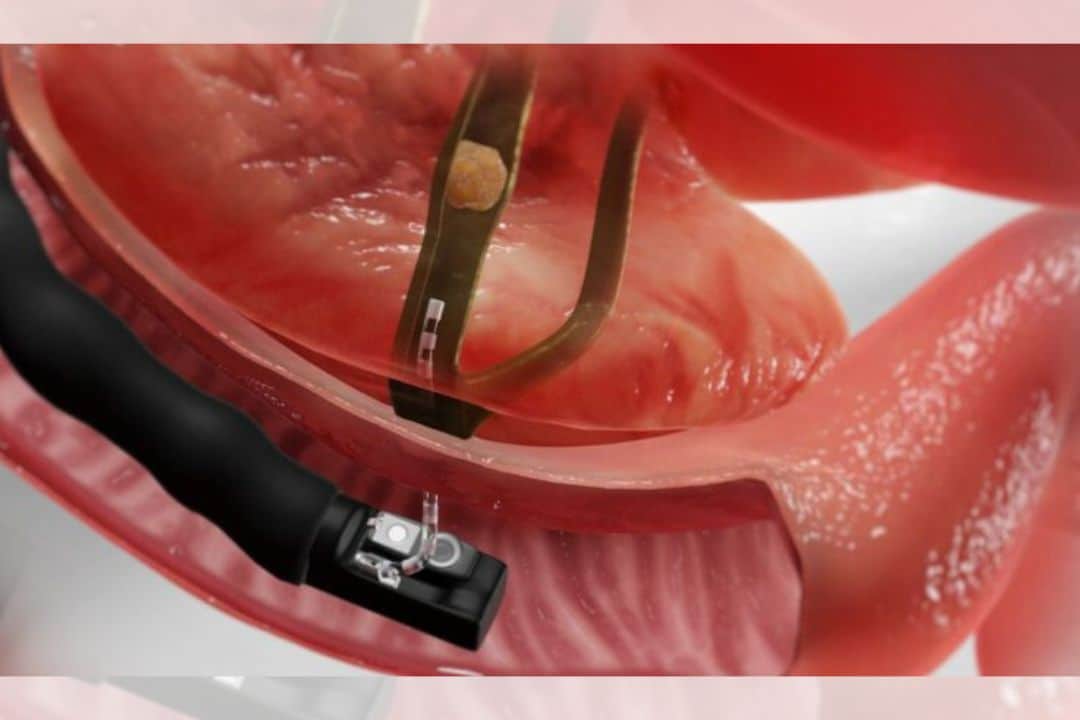ERCP (Endoscopic Retrograde Cholangiopancreatography)
Endoscopic retrograde cholangiopancreatography, or ERCP, is a procedure to diagnose and treat problems in the liver, gallbladder, bile ducts, and pancreas. It combines X-ray and the use of an endoscope—a long, flexible, lighted tube.
ERCP is a specialized procedure used to diagnose and treat conditions affecting the liver, gallbladder, bile ducts, and pancreas. During the procedure, a gastroenterologist uses an endoscope to reach the duodenum (the first part of the small intestine), where the bile and pancreatic ducts can be accessed. Dye is injected through the endoscope to highlight the bile ducts on X-ray images. ERCP is an essential diagnostic tool for detecting blockages, stones, strictures, or tumors in the bile and pancreatic ducts. In addition to diagnosis, it can also serve as a treatment method, allowing doctors to remove gallstones, insert stents, or open blocked ducts.

Symptoms Indicating the Need for ERCP
ERCP is often recommended for patients experiencing symptoms related to bile duct or pancreatic conditions. Common symptoms that may indicate the need for this procedure include:
Jaundice
Yellowing of the skin and eyes, indicating potential bile duct blockages or liver issues.
Abdominal Pain
Severe or recurrent pain in the upper right quadrant of the abdomen, which may suggest gallstones or bile duct blockages.
Unexplained Weight Loss
Sudden weight loss without a clear reason, potentially linked to bile duct or pancreatic tumors.
Fever with Chills
A sign of infection in the bile ducts or liver (cholangitis).
Nausea and Vomiting
Persistent symptoms that might be related to issues in the bile ducts or pancreas.
Dark Urine or Pale Stools
Changes in urine or stool color that may indicate bile flow problems.
Pancreatitis
Inflammation of the pancreas, which can cause abdominal pain, nausea, and vomiting.
These symptoms often indicate underlying conditions such as gallstones, tumors, strictures, or bile duct inflammation, all of which can be investigated and treated through ERCP.
ERCP Treatment and Procedure
The procedure typically follows these steps:
Preparation and Sedation
Before the procedure, the patient is sedated to ensure comfort throughout the process.
Insertion of the Endoscope
The doctor gently passes the endoscope through the mouth, esophagus, and stomach, into the duodenum
Dye Injection and X-ray Imaging
A special dye is injected through the endoscope into the bile and pancreatic ducts. This allows clear visualization of the ducts on X-ray images, helping identify any blockages, stones, or other abnormalities.
Completion and Recovery
Once the necessary diagnostic or therapeutic steps are completed, the endoscope is withdrawn. The patient is monitored as the sedation wears off.
Depending on the findings, the doctor may
Remove gallstones or bile duct stones.
Place stents to open narrowed or blocked ducts.
Perform a biopsy to examine suspicious tissue for cancer.
Treat bile duct strictures (narrowing of the ducts).
Post-Procedure Care :
After the procedure, patients are monitored as the sedation wears off. Mild throat discomfort is common, but it usually resolves quickly. Most patients can resume normal activities the following day, although it’s advised to avoid driving for the rest of the day due to the sedation. Follow-up care may include discussing biopsy results or additional treatments depending on the findings.
Services :
Dr. Vishavnoor Singh Kalra provides best Gastroenterology services.He has best experise in all the fields of colonoscopy, endoscopy, and therapeutic Endoscopy procedures like ERCP and EUR. He has vast experience in specialised care for the prevention, diagnosis, and treatment of diseases of the liver and the digestive tract, including the stomach, gallbladder, duodenum, biliary tract, small intestine, pancreas and colon. Our dedicated team offers expertise in general gastroenterology as well as: gastrointestinal cancers, liver implants, inflammatory bowel disease and viral hepatitis.
He strive to offer patients thoughtful, compassionate and timely care through the most advanced procedures like photodynamic therapy and endoscopic techniques. Our state-of-art operation theatres, equipped with dedicated medical and surgical intensive care units, allow our surgeons to perform all minor and major surgeries related to Gastroenterology and Liver Diseases.







